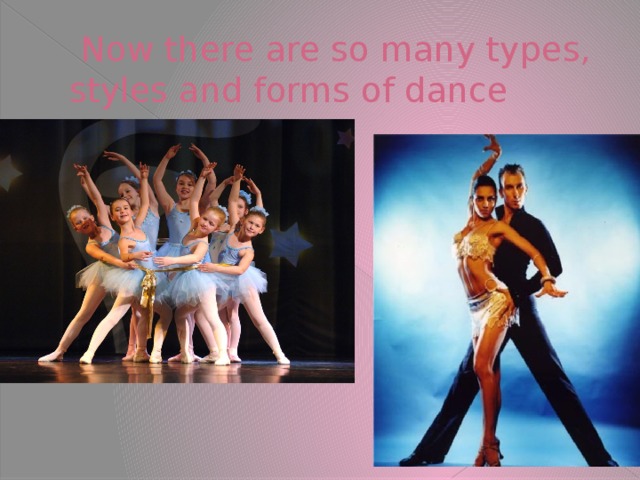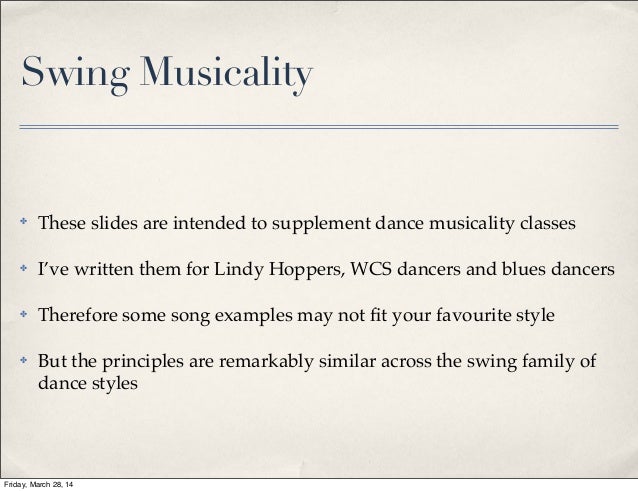

"Without it no music: Beat induction as a fundamental musical trait". "Cognition and the Evolution of Music: Pitfalls and Prospects". ^ Wallin, N.J., Merker, B., & Brown, S.Ĭolwyn Trevarthen has researched the musicality of babies, including its use in communication.

In other words: the study of the evolution of music cognition is dependent on a characterization of the basic mechanisms that make up musicality. What are the cognitive and biological mechanisms that are essential to perceive, make, and appreciate music? Only when we have identified these fundamental mechanisms are we in a position to see how these might have evolved. However, it is still a challenge to demarcate precisely what makes up this complex trait we call musicality. Or simply put: without musicality, there is no music. Musicality – in all its complexity – can be defined as a natural, spontaneously developing set of traits based on and constrained by our biological and cognitive system, and music – in all its variety – as a social and cultural construct based on musicality. In trying to answer this question, it is important to separate between the notions of "music" and "musicality". Can birdsong, the song structure of humpback whales, a Thai elephant orchestra, or the interlocking duets of Gibbons be considered music? This is now generally seen as a pitfall. Many studies on the cognitive and biological origins of music are centered on the question of what defines music. Two types of musicality may be differentiated: to be able to perceive music (musical receptivity) and to be able to reproduce music in addition to creating music (musical creativity). A person considered musical has the ability to perceive and reproduce differences in aspects of music including pitch, rhythm, and harmony (see: ear training). In the company of two or more musicians, there is the added experience of the ensemble effect in which the players express something greater than the sum of their individual parts. Judges of contest music may describe a performance as bringing the music on the page to life of expressing more than the mere faithful reproduction of pitches, rhythms, and composer dynamic markings.

These definitions are somewhat hampered by the difficulty of defining music, but, colloquially, "music" is often contrasted with noise and randomness. Musicality ( music -al -ity) is "sensitivity to, knowledge of, or talent for music" or "the quality or state of being musical", and is used to refer to specific if vaguely defined qualities in pieces and/or genres of music, such as melodiousness and harmoniousness.


 0 kommentar(er)
0 kommentar(er)
